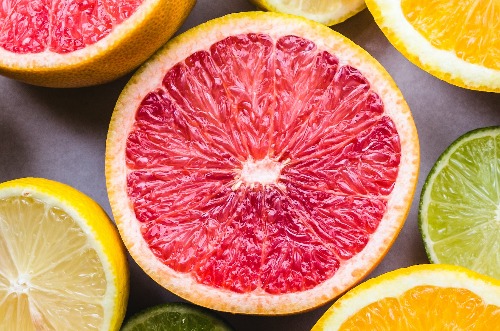EU Stricter Phytosanitary Checks on Turkiye Citrus May Hinder Trade In 2023

Due to the high rate of non-compliance issues with pesticide residues for citrus fruit coming from Türkiye to the EU, the EU will ramp up the frequency of phytosanitary checks, According to the official announcement from the İzmir Agricultural Quarantine Directorate of the Ministry of Agriculture and Forestry, published on 27 January 2023, grapefruit shipments checks are increased from 10% to 30% of all shipments, while lemons checks are increased from 20% to 30%. This was officially published as the Commission Implementing Regulation No. 2023/174/EU amending the Commission Implementing Regulation No. 2019/1793/EU on the temporary increase of official controls and emergency measures for the entry of certain agricultural products into the European Union (EU).
Top 10 Trade flows for Turkiye Lemons

Source: Tridge
In Q1 2022, Turkiye was the leading non-EU citrus supplier, with 112,030 MT delivered, a 25.9% increase over the same period the previous year. The success for Turkiye traders is even more profound given that during the first half of the year, citrus from Mediterranean countries in the EU dominate the market. Due to logistical obstacles caused by the Russia-Ukraine war, Turkish and Moroccan traders have made additional efforts to export citrus fruit to the EU market. The overall export of Turkiye's citrus amounted to 1,940,000 MT in 2022, according to data from Turkiye's Union of Mediterranean Exporters.
The recent implementation of stricter inspection checks for citrus fruit from Turkiye comes after constant notification of banned pesticides found in citrus fruit. In Q1 2022, the EU rejected up to 298 consignments of fruit and vegetables due to residues of prohibited pesticides, with 60% of Turkish origin, according to the Commission's Rapid Alert System for Food and Feed (RASFF). With triple checks for grapefruit (from 10%, up to 30%), and with measures that came into force in January, and will last for six months, three out of ten trucks of Turkish citrus that enter the EU are subject to strict border controls, including pesticide analysis.
The additional inspections and paperwork may slow the shipment process, resulting in longer waiting times and possible fruit spoilage. Furthermore, if any banned pesticides are discovered in the citrus fruits during inspections, the entire shipment may be rejected, resulting in significant financial losses for Turkish exporters. Furthermore, increased costs for Turkish citrus exporters, such as fees for inspections, paperwork, and compliance with additional regulations, could add up and make Turkish citrus less competitive in the EU market.



